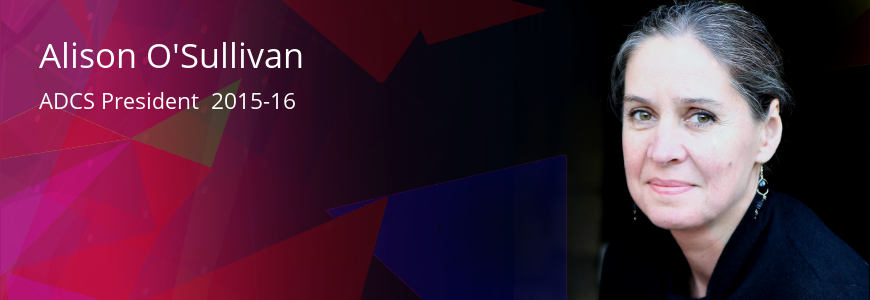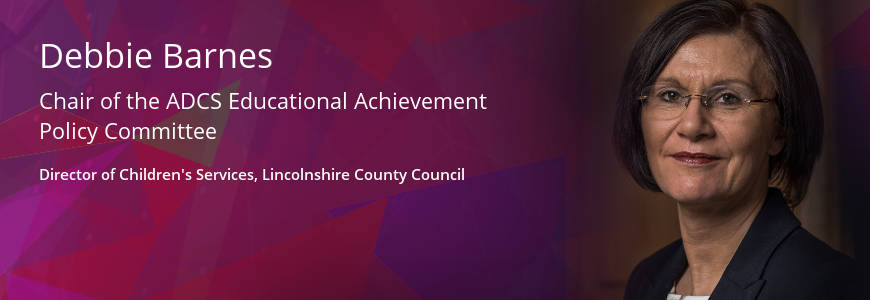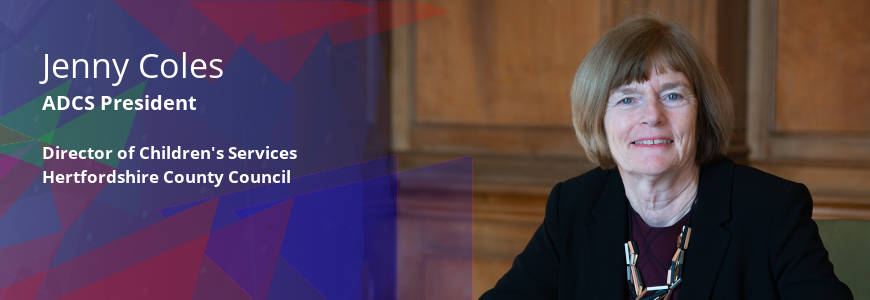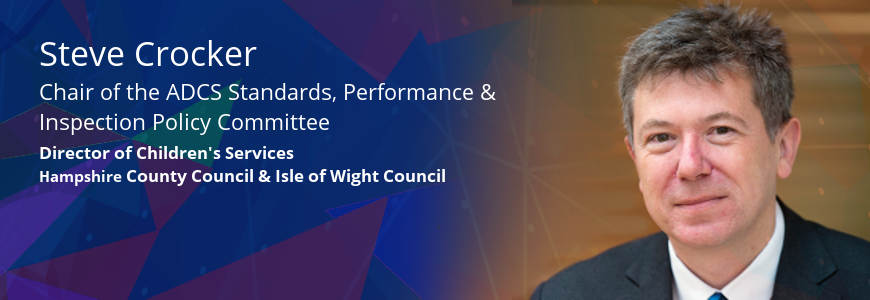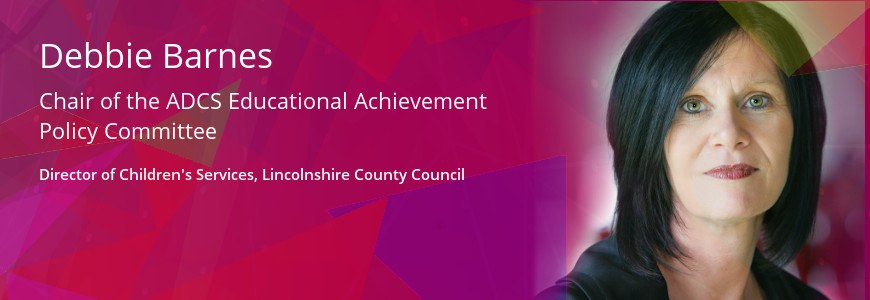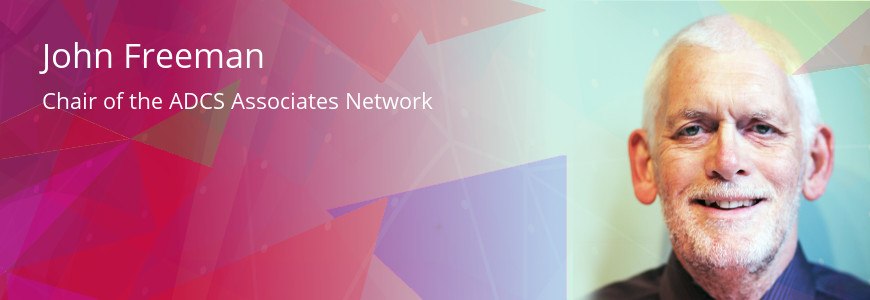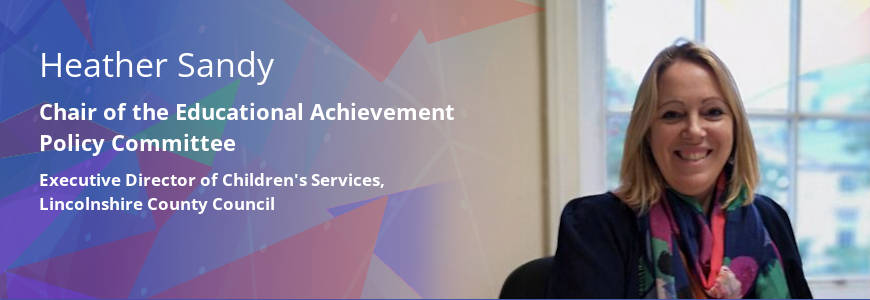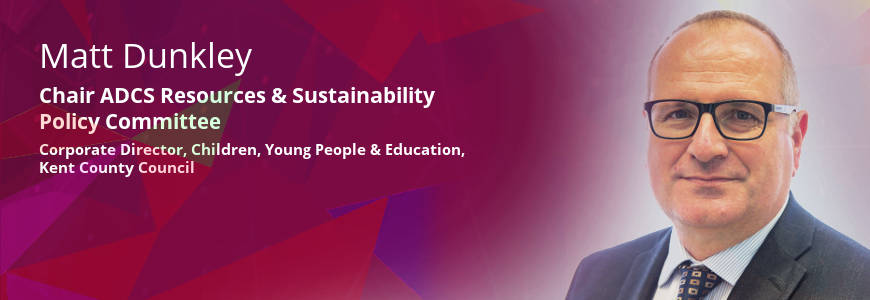562 years to close the gap…
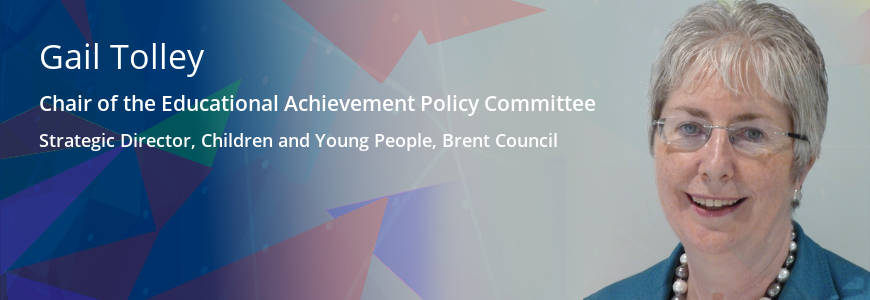
As chair of the ADCS Educational Achievement Committee I was asked last week to sign off our press statement on the recently published Education Policy Institute / Fair Education Alliance Annual Report on Education in England. The reference to the forecast number of 562 years from 2019 of when the GCSE disadvantage gap in English and maths might close certainly caught my attention.
This comparatively short report covering all English local authorities is a salutary read for someone such as myself. The reason I became a director of children’s services (DCS) is rooted in addressing educational disadvantage. With grandparents in the mining communities of South Wales, parents who were not educated beyond the ages of 15 and who left the valleys as adults for the West Riding of Yorkshire for employment reasons, it was the high quality education I received at primary school (now in Calderdale) and secondary school (Kirklees) that gave me the opportunities to close the historic familial gap and then to start a teaching career in London which has led to my 10 years to date as a DCS.
The report does show that some progress has been made in narrowing the attainment gap between disadvantaged pupils and their more affluent peers in primary school, however the gap has widened in secondary school. There are also well documented disparities in attainment between pupils from certain ethnic backgrounds with the gap between pupils of Black Caribbean heritage and their White British peers widening since 2011. These findings are clearly at odds with the government’s efforts to improve social mobility and create an inclusive education system.
On 22 August we will all be reviewing the provisional GCSE results for young people in our area. The new government has indicated that alongside the NHS, schools will be prioritised for funding. As DCS’ we know that many of the disadvantaged and vulnerable adolescents aged 16-19 in our area are more likely to progress into further education (FE) colleges this September so we must also support the lobby for funding for colleges which play a key role in improving these young people’s life chances. Our responsibility for ensuring the local education system works for all young people in our local areas means that removing barriers to learning and wider opportunities extends from early years, through to schools and FE and up to age 25 for young people with special educational needs and disabilities and care leavers.
In my role as lead DCS in London for education and schools, I have recently been appointed as one of the Mayor of London’s nominees to the board of the Museum of London. Two of the museum’s strategic objectives for 2018-2023 are the need to ‘reach more people’ and ‘engage every schoolchild’. At a recent reception to launch a new exhibition to which the ‘great and the good’ of London were invited, I took as my guests four of our care leavers in order to model implementation of the objectives as well as widen their horizons.
Returning to West Yorkshire, as I often do and always after the ADCS Annual Conference in Manchester, I know that my horizons were widened through what we would now recognise as mentoring by a deputy headteacher at my secondary school. Growing up, my holidays were either with family in South Wales, were on the East Yorkshire coast or on school trips that were within Yorkshire, as overseas visits were unaffordable, yet he advocated for my applying to the University of London, Kings College, a life and career determining opportunity.
As DCS’ we are the advocates for enhancing the life chances of all of the children and young people in our areas. We know that properly funded, high quality educational settings that develop the whole child, with leaders who set a vision and climate in which staff deliver the best outcomes and all young people have access to information about the opportunities available to them after leaving school can make a huge difference in closing the gap.
Related Blog Articles
In the last week, I had a really interesting series of meetings with Dave Hill,...
In Education
As someone whose career anchor is teaching, with eight years as a secondary...
In Education
Earlier this week I attended a development day on Ethical Leadership in Public...
In Leadership
As many will know from my work with the ADCS Educational Achievement (EA) Policy...
In Education
The National Children and Adult Services Conference opened on Wednesday 14...
In General
On Thursday we were advised that the five tests had been met and that the phased...
In
Having recently had our Special Educational Needs and Disabilities (SEND)...
In General
All schools and colleges across the country are now allowed to open more widely...
In Education
It looks like it’s going to be a busy period for the ADCS Standards,...
In General
In ADCS Vice President Charlotte Ramsden’s blog at the beginning of 2021, she...
In Education
In my final week of a 42 year very full-time (100% attendance) career, I am...
In Education
I am sure you will all have read the ‘Educational Excellence Everywhere’...
In Education
Dave Hill, ADCS Immediate Past President, talks persuasively about changing the...
In Education
This week has been my first as Chair of the Educational Achievement Policy...
In Education
The devastating loss of our friend, colleague and ADCS Past President Dave Hill...

